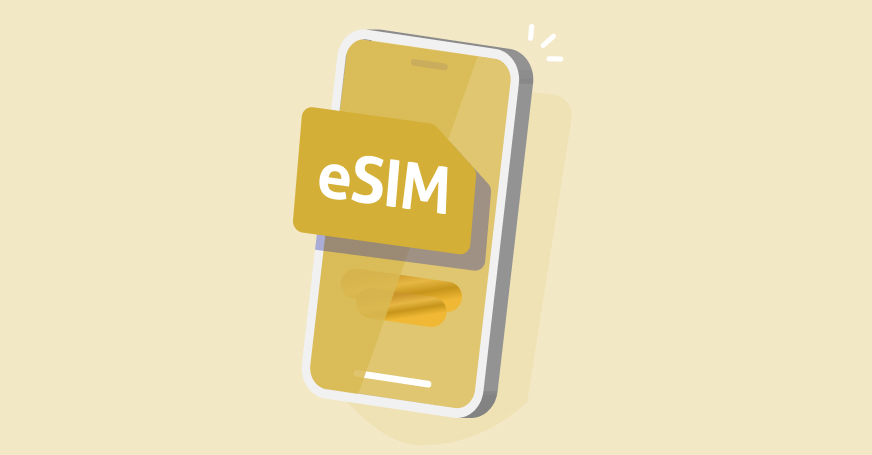Have you ever glanced at your phone bill and thought, “This can’t be right”? You’re not alone. Carrier overcharges are one of the most frustrating realities for mobile users today. While a few extra dollars here and there may not seem like much, they quickly add up to hundreds of wasted dollars a year. The worst part? Many people don’t even realize they’re being overcharged.
Let’s break down how to spot these sneaky fees and more importantly how to avoid them.
Understanding Carrier Overcharges
A carrier overcharge happens when you’re billed for more than the services you actually used. This could come in the form of “extra” data charges, added fees you never agreed to, or outdated billing structures that don’t reflect today’s technology. Carriers often rely on the complexity of phone bills to slip these costs by unnoticed.
Signs You’re Being Overcharged
Here are some red flags that should make you question your bill:
Unexpected data spikes when you’re sure you weren’t streaming or downloading.
Call or text overages even when your plan supposedly covers unlimited usage.
Miscellaneous fees like “administrative costs” or “regulatory recovery charges” that aren’t explained clearly.
If any of these sound familiar, it’s time to dig deeper.
The Role of Data Usage
One of the most common sources of overcharges comes from misunderstanding Wi-Fi vs. cellular data. Many people assume their apps are running on Wi-Fi when they’re actually eating into their mobile data plan.
To get a clear understanding, check out this breakdown on Wi-Fi vs. Cellular Data Differences. Knowing how your device switches between connections can help you avoid paying for unnecessary data usage.
Switching Carriers: A Hidden Opportunity
Sometimes, the simplest way to escape overcharges is to walk away. Carriers often bank on customer loyalty to keep you paying more than you should.
But switching isn’t as complicated as many think. This guide on how long it takes to switch phone carriers shows that the process is much faster and easier than most people expect.
Messaging Charges: SMS vs. RCS
Another outdated overcharge still lurking in many bills is SMS fees. With unlimited plans and modern alternatives like RCS messaging, paying for old-fashioned texts is unnecessary.
If you’re not familiar, here’s a great comparison of SMS vs. RCS. Understanding how messaging has evolved can help you identify if your carrier is charging you for something that should be free.
Overlooked Fees on Bills
Carriers often hide charges behind vague labels like:
“Administrative fee”
“Recovery fee”
“Convenience charge”
These aren’t actual government taxes but carrier-imposed fees designed to pad profits.
How to Audit Your Carrier Bill
To avoid being a silent victim of overcharges, learn to dissect your bill:
Go line by line.
Compare billed amounts to your plan agreement.
Highlight anything you don’t understand and ask your carrier to explain.
Transparency is your right as a customer.
Smart Strategies to Avoid Overcharges
Here’s how you can stay ahead:
Track your usage with your phone’s built-in tools.
Use Wi-Fi whenever possible to cut down on data charges.
Set alerts when you’re nearing plan limits.
The Value of Comparing Plans
Never assume your carrier’s plan is the best option. Prices and features vary widely, and new deals roll out constantly. Comparing plans can save you significant money while also avoiding hidden fees.
When to Negotiate with Your Carrier
If you notice consistent overcharges, call your carrier. Mention competitor pricing and be firm. Often, carriers would rather keep you at a lower rate than lose you entirely.
Leveraging Technology
Use apps that monitor your data and send you alerts when something unusual happens. Technology can help you spot irregularities faster than waiting for your monthly bill.
When It’s Time to Switch Providers
If overcharges are a pattern rather than a one-time issue, it’s probably time to switch. Look for providers that offer transparency and flexible plans without hidden fees.
Protecting Yourself Long-Term
Make it a habit to review your bills monthly, set reminders, and stay informed about updates to your plan. Overcharges thrive on complacency, don’t give them that chance.
Conclusion
Carrier overcharges might be sneaky, but they’re not unstoppable. By staying informed, checking your bills, and understanding how modern data and messaging work, you can save yourself hundreds each year.
The key takeaway? Don’t let carriers nickel-and-dime you. With vigilance and smart choices, you can take back control of your phone bill.



.jpg)